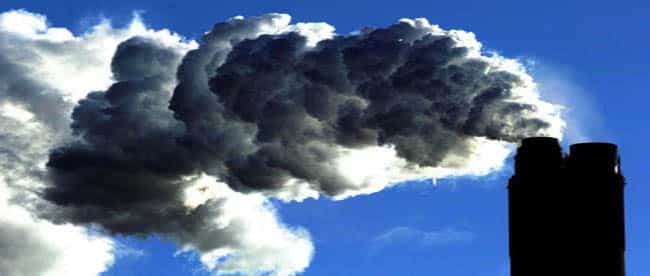A new report from UN Climate Change finds national climate action plans remain insufficient to limit global temperature rise to 1.5 degrees Celsius and meet the goals of the Paris Agreement.
Even with increased efforts by some countries, the report shows much more action is needed now to bend the world’s emissions trajectory further downward and avoid the worst impacts of climate change.
“Today’s report shows that governments combined are taking baby steps to avert the climate crisis. And it shows why governments must make bold strides forward at COP28 in Dubai, to get on track,” said the Executive-Secretary of UN Climate Change, Simon Stiell. “This means COP28 must be a clear turning point. Governments must not only agree what stronger climate actions will be taken but also start showing exactly how to deliver them.”
Stiell stressed that the conclusion of the first global stocktake at COP28 is where nations can regain momentum to scale up their efforts across all areas and get on track with meeting the goals of the Paris Agreement. The stocktake is intended to inform the next round of climate action plans under the Paris Agreement (known as nationally determined contributions, or ‘NDCs’) to be put forward by 2025, paving the way for accelerated action.
“The Global Stocktake report released by UN Climate Change this year clearly shows where progress is too slow. But it also lays out the vast array of tools and solutions put forward by countries. Billions of people expect to see their governments pick up this toolbox and put it to work,” Stiell said.
The latest science from the UN’s Intergovernmental Panel on Climate Change indicates that greenhouse gas emissions need to be cut 43% by 2030, compared to 2019 levels. This is critical to limit temperature rise to 1.5 degrees Celsius by the end of this century and avoid the worst impacts of climate change, including more frequent and severe droughts, heatwaves and rainfall. “Every fraction of a degree matters, but we are severely off track. COP28 is our time to change that.”
UN Climate Change analyzed the NDCs of 195 Parties to the Paris Agreement, including 20 new or updated NDCs submitted up until 25 September 2023. In line with the findings from last year’s analysis, today’s report shows that while emissions are no longer increasing after 2030, compared to 2019 levels, they are still not demonstrating the rapid downward trend science says is necessary this decade.
If the latest available NDCs are implemented, current commitments will increase emissions by about 8.8%, compared to 2010 levels. This is a marginal improvement over last year’s assessment, which found countries were on a path to increase emissions 10.6% by 2030, compared to 2010 levels.
By 2030 emissions are projected to be 2% below 2019 levels, highlighting that peaking of global emissions will occur within this decade.
“Today’s synthesis report of national climate plans underscores the need for us to act with greater ambition and urgency to meet the goals of the Paris Agreement – there is simply no time left for delays,” said Dr. Sultan Al Jaber, COP28 President Designate.
The UN Climate Change Conference (COP28) will take place in Dubai, United Arab Emirates, from 30 November to 12 December this year.



